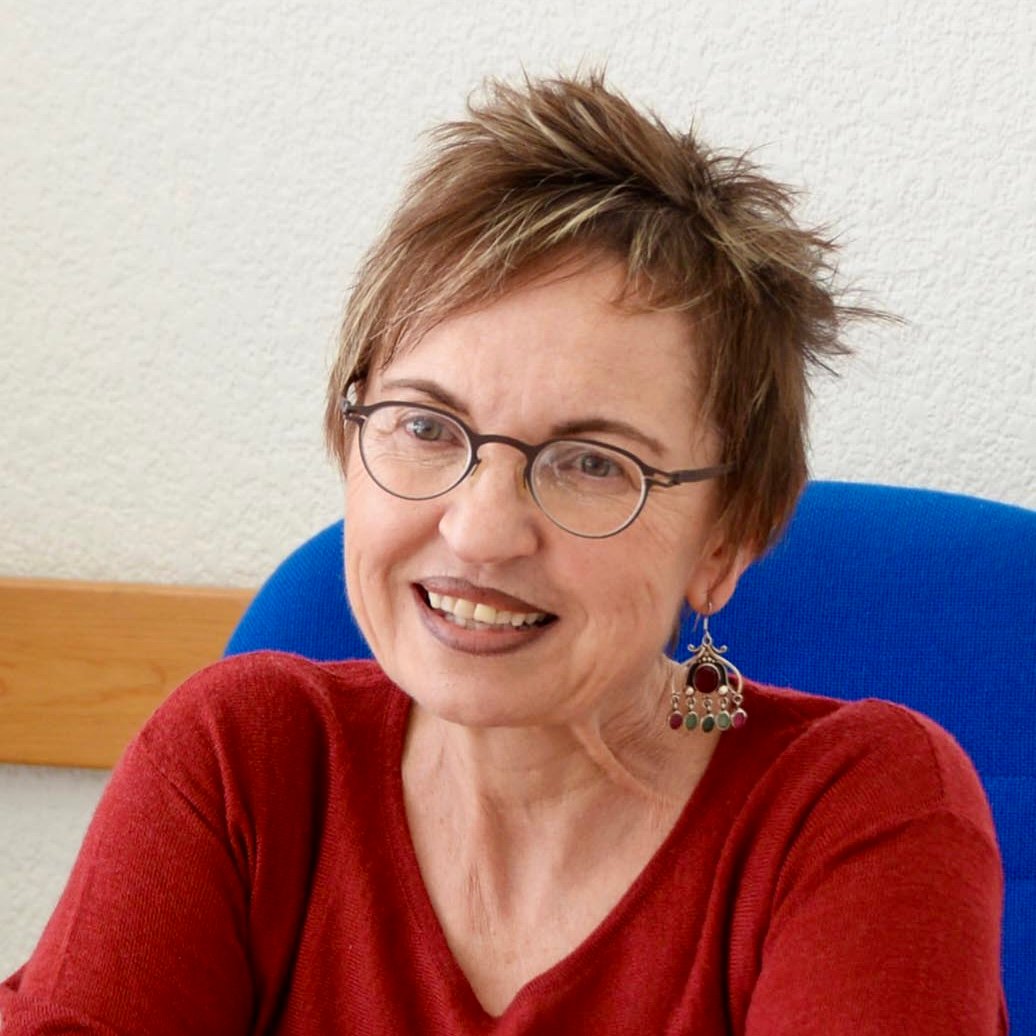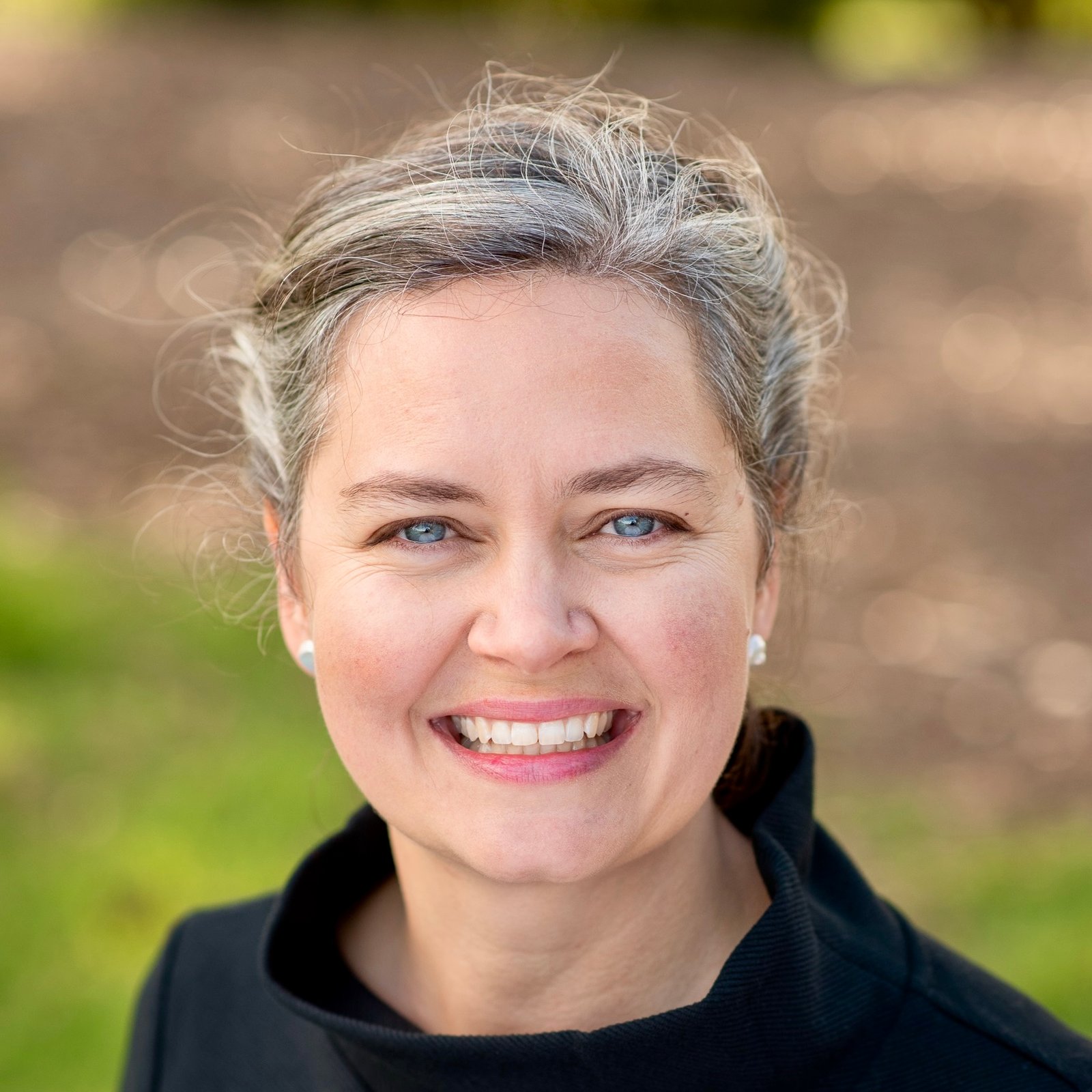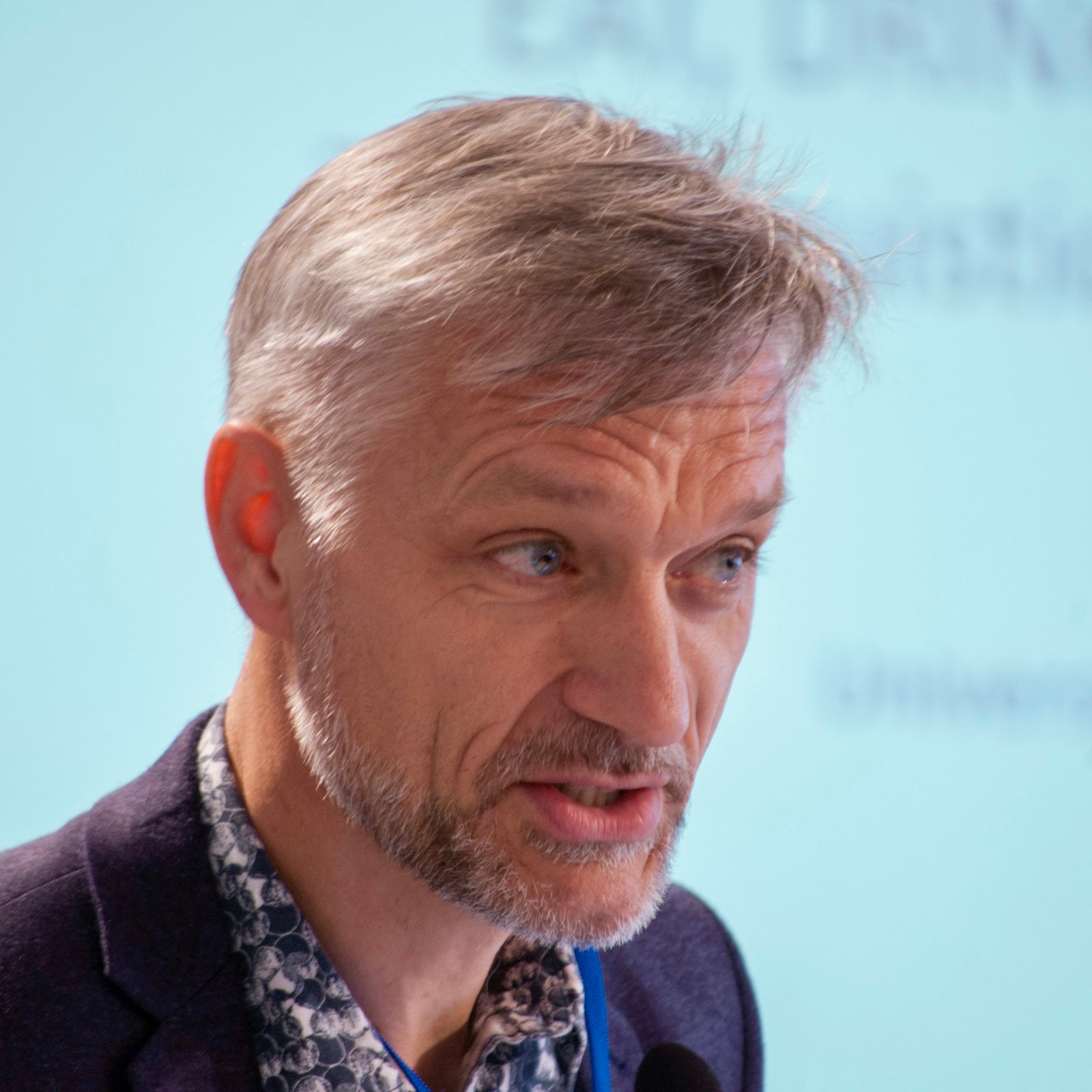Concepción Company Company is Emeritus Professor at Universidad Nacional Autónoma de México (emeritus at UNAM does not mean retired, it is the maximum academic degree). She is numerary member of Academia Mexicana de la Lengua, and member of El Colegio Nacional.
Her research themes are Historical Syntax, Theory of Grammatical Change, Philology, and Corpus Linguistics. She is author of 9 books, editor of 29, and more than 100 articles and/or chapters in books. She has been invited as plenary speaker in 45 international conferences.
She has been invited professor in Germany, Argentina, Austria, Colombia, Costa Rica, Spain, USA, Italy, England, Israel, Portugal and Uruguay.
She is the director and co-author of Sintaxis histórica de la lengua Española, 10 volumes, 2006 (Part I) 2009 (Part II), 2104 (Part III), in press (Part IV), printed by Fondo de Cultura Económica and Universidad Nacional Autónoma de México, which is the first historical syntax of Spanish
and the first of any Romance language. She is co-director of Corpus Diacrónico y Diatópico del Español de América (CORDIAM), open access, www.cordiam.org.
Her webpage: concepcioncompany.net
Confirmed plenary speakers.

Concepción Company Company
Universidad Nacional Autónoma de México
Ciudad de México

Alice Gaby
Monash University
Melbourne - Australia
Alice Gaby is Associate Professor of Linguistics at Monash University, Australia, and Australian Research Council Industry Fellow at Living Languages. Her research interests include: semantic and structural typology; the relationship between language, culture and cognition; grammatical description; and language reclamation. Her analysis of grammatical structures proceeds from the understanding that they are embedded within a larger communicative system, encompassing multiple languages, registers and modalities. Alice is a non-Indigenous linguist who has collaborated with speakers of Kuuk Thaayorre and other Paman languages since 2002, and has supported language reclamation efforts in various communities around Australia.

Maarten Lemmens
Université de Lille
France
Maarten Lemmens is professor of English Linguistics at the Université de Lille, France. He obtained a PhD in English linguistics at the KU Leuven, Belgium (1995) and an Habilitation à Diriger des Recherches (HDR) at the University of Lille, France (2005). His domains of expertise are usage-based linguistics, cognitive (lexical) semantics, and multimodality. He has worked mainly on constructional alternations in English, posture verbs in Dutch and English), Odia light verb constructions (in collaboration with K. Sahoo), and language and gender. He is currently co-coordinator (with G. Caliendo) of the research project PERINAT on the linguistic expression of perinatal loss (https://perinat.univ-lille.fr/). He has published two monographs (1998, 2021) and more than 30 peer-reviewed articles on a wide variety of topics. Maarten Lemmens is the founder and first president of the Association Française de Linguistique Cognitive (AFLiCo; www.aflico.fr) and the former president of the International Cognitive Linguistics Association (2013-2017; www.cogling.org). He is also a certified cabinet maker and enjoys badminton, running, gardening and singing.
Email: maarten.lemmens@univ-lille.fr
Web page: https://pro.univ-lille.fr/maarten-lemmens

André Nogueira Xavier
Universidade Federal do Paraná
Curitiba - Brasil
I have a BA and an MA degree in Linguistics from the University of São Paulo. My PhD was pursued at the State University of Campinas with an internship period at the University of New Mexico, under the supervision of Dr. Sherman Wilcox. Currently I am an adjunct professor at the Brazilian Sign Language (Libras) Department at the Federal University of Paraná. For my MA and PhD, I carried out research on the phonetics and phonology of Libras. Since then, however, my research has comprehended a variety of other aspects of Libras grammar, namely, morphology, lexicon, semantics and discourse and has been developed with colleagues from universities from different countries. More recently, in collaboration with Dr. Sherman Wilcox, I started analyzing digital lists that co-occur with spoken lists in Brazilian Portuguese and comparing them with Libras digital list constructions.